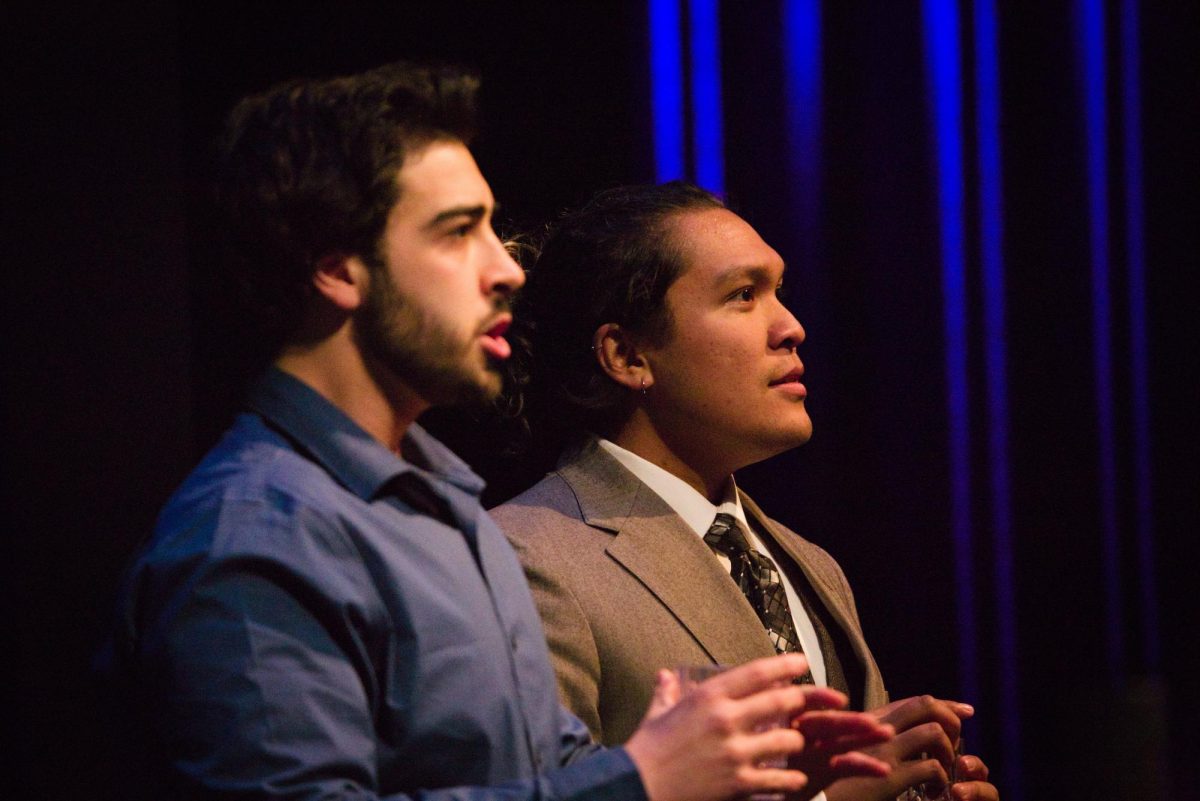BY CAMILLE BORODEY, Staff Reporter
No matter what the major or hobby is, college students connect to the internet daily, whether it’s through Instagram, Groupwise or Tumblr. In the era of constant internet use, it’s important to keep cyber security in mind.
The FBI’s Cyber Task Force is hosting a presentation at Hertz Hall on Oct. 17 from 1:30 p.m. to 3:00 p.m., not only to spread awareness, but also to honor National Cyber Security Awareness Month.
A large majority of schoolwork done by college students is completed through the internet, whether it’s emailing a professor, checking an assignment on Blackboard or conducting research for a paper.
“Since the University is providing more and more information to students in digital format and through online portals, they will naturally gravitate to this environment to access services and interface with the institution,” said Andreas Bohman, Chief Information Security Officer at Central.
Bohman invited two members of FBI’s Cyber Task Force, a computer scientist and a forensics expert, to speak to the student body about the dangers of internet fraud and how students and the community can protect themselves from threats across the internet.
“There are a large number of vulnerabilities – such as malware and phishing attacks – that can be partially mitigated with an effective security awareness program,” Bohman said. “It is all about a layered approach to security and educating the students on how to access this information securely is one of the security layers we are implementing.”
In collaboration with the National Cyber Investigative Joint Task Force (NCIJTF), the Cyber Task Force (CTF) works to counter local and national cyber threats, as well as educate local communities on what they can do to protect themselves from cyber threats.
“In the past, it was easier to spot a fake email because of poor grammar and format,” Bohman said, “but now identity thieves have become smarter.”
Senior molecular biology major and graphic designer Rane Creasy is no fool when it comes to internet security. Creasy always makes sure to keep his computer as well as his accounts as private as possible.
“I wish more websites had multiple levels of authentication for accounts,” Creasy said.
Creasy also tries to be cautious of what he puts on the internet.
“We’re all connected on the internet,” Creasy said. “I can find information about myself just by Googling my name.”
A few months ago, sophomore Morgan Moran received a phone call from his bank telling him that $150 had been charged from his debit card in Beijing, China, proving even the most careful of people can have their identities stolen.
“I rarely pay for things electronically, and I have no idea how it happened,” Moran, brewing and business major, said. “I’ve bought something off of eBay twice and maybe two CDs from iTunes.”
This isn’t the first time Moran has had to deal with cyber security issues.
“In eighth grade, a girl hacked into my MySpace account, and put porn as my background,” Moran said. “I still have no idea how she got my password.”






